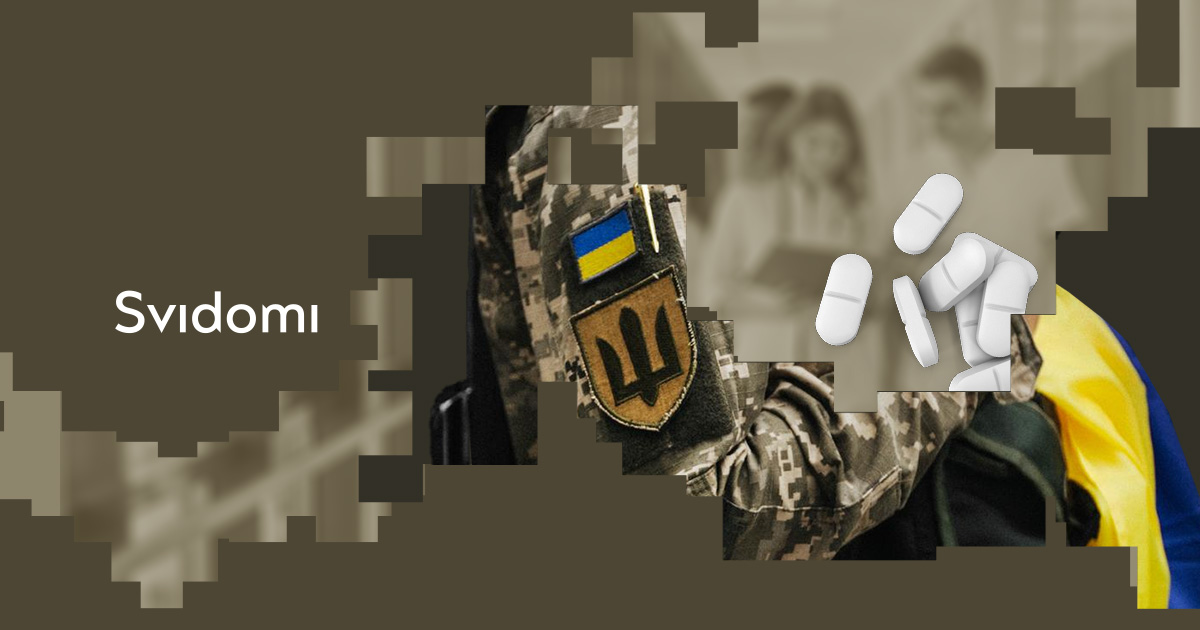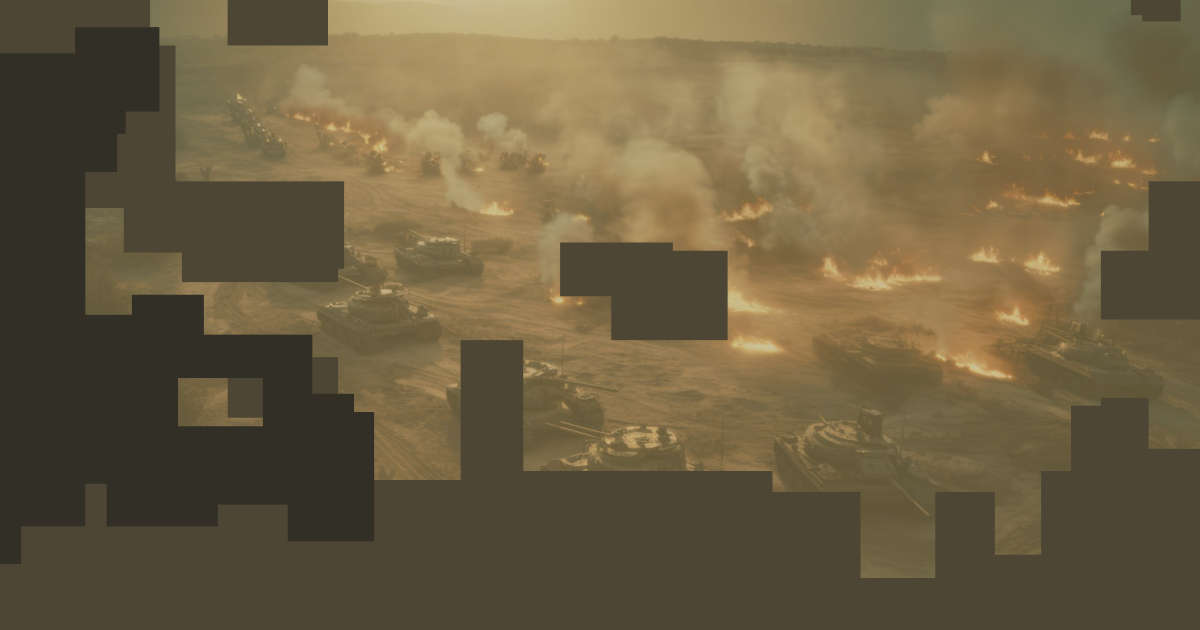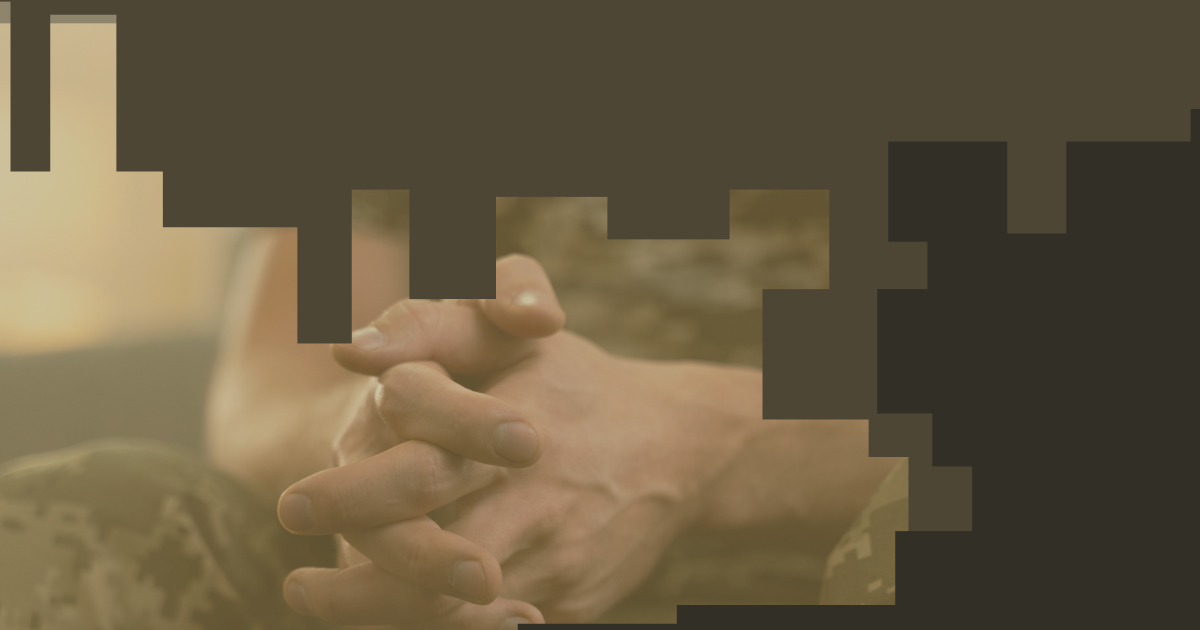Not only injuries and PTSD. Non-obvious military injuries

You need to understand right away: when you join the military, be prepared to have problems with your joints, lumbar, back, hearing, stomach, and blood circulation in a few years. In addition, you will develop varicose veins and have frequent headaches. And, of course, there will be a lot of calluses and abrasions. We consider these to be common occupational diseases and injuries,
says Vasyl "Obito" Protsyshen, a soldier with the Azov Brigade.
The traumas suffered by the military are not only wounds or acute post-traumatic conditions. War has a comprehensive impact on physical and mental health.
In this article, Svidomi and a rehabilitation therapist and psychologist discuss the non-obvious injuries suffered by those serving at the front.
Physical consequences of the war
"Living in constant stress, working irregular hours, performing physically demanding tasks in all weather conditions — all this has a negative and aggressive impact on the overall health of servicemen and women. In addition to gunshot and mine-blast wounds, contusions, and amputations, there are hidden conditions and diseases not directly related to the injury," says Yana Kopytina, a rehabilitation therapist at the Yarmiz Rehabilitation and Adaptation Centre, PhD in Physical Education and Sports.
She highlights:
- Back and neck pain. Pain is common among military personnel due to the daily use of body armour or tactical load-bearing military MOLLE and helmets (weighing about 20 kg). In addition, you can add the weight of your weapon, backpack and the need to move around carrying everything on your back. Carrying heavy loads and excessive physical exertion provoke hernias of the anterior abdominal wall (umbilical, inguinal, ventral).
- Problems associated with dietary changes. Changes in diet, food, and the consumption of high-calorie energy bars instead of a full meal cause gastritis, gastroduodenitis, bloating, constipation, and discomfort.
"I would like to emphasise that it is impossible to create a perfect menu for hundreds of thousands of military personnel so that it is tasty and healthy for everyone. There are always those who don't like something or simply cannot eat certain foods," the rehabilitation therapist comments.

- Hearing problems. Working with firearms and artillery puts a significant strain on the organs of the hearing aid, which is why there are complaints of constant tinnitus or partial hearing loss.
- Dental problems. To survive moments of extreme emotional stress, such as during shelling, the jaws reflexively clench tightly so that the teeth begin to crumble. Thus, dental care is highly skilled and unavailable at the frontline, requiring long-term painkillers.
- Overheating and hypothermia. In the warm and cold seasons, the complaints of military personnel about their health will differ. In summer, these are mainly sunburns, heat stroke, and dehydration. In winter, generalised hypothermia and frostbite of the less protected parts of the body - nose, cheeks, ears, fingers and toes — are common.
- Inflammation. Due to the time in shelters and trenches, soldiers notice pain in the lower back and lower abdomen. It indicates inflammation of the kidneys and urinary system - nephritis and cystitis.
The result of prolonged excessive physical and emotional stress can be seen with the naked eye - they have grown saggy, aged, and many have grey hair,
Kopytina said.
The soldiers also report problems with their joints, lumbar, blood circulation, frequent headaches, calluses, and abrasions.
Psychological consequences of war
Psychological trauma is the invisible wound of war. Shell shock, wartime neurosis, Vietnam syndrome — the effects of combat trauma are called differently,
explains Tetiana Smirnova, a military psychologist with the Women's Power of Ukraine NGO.

She notes that contusion or post-concussion syndrome is one of the most common injuries.
The unprecedented use of artillery, aircraft and other heavy weapons makes these consequences widespread, but they are rarely recorded and rarely sought help. The consequences will last a long time: brain contusions, headaches, loss of receptor sensitivity, tinnitus, bleeding, mood swings, poor sleep and anxiety,
says Tetiana Smirnova.
Tetiana Tsilenko, a psychologist at the Veteran Hub mobile office in the Kyiv region, points out that the psychological consequences of war can be non-obvious:
- Exacerbation of chronic diseases. Stress reduces a person's immunity.
- Sleep problems. They can result from physical trauma or a reaction to psychological trauma. In this case, it is difficult for the military to fall asleep, or they may wake up frequently.
- Cognitive disorders:
— Difficulty concentrating
— Problems with memory
— Slow or rapid (chaotic) thinking
— Black and white or binary thinking. Categorical perception of the world (friend or foe, good or bad). This may indicate psychological trauma, emotional burnout, and physical fatigue.
- Cynicism and loss of humanity. This can be a defensive reaction in severe stressful conditions, a symptom of emotional burnout, or evidence of such a phenomenon as "compassion fatigue".
- Feeling of guilt. It interferes with recovery and can affect all areas of life.
- Loss of interest in everyday processes and needs. After returning from the combat zone, soldiers may not be interested in "ordinary" civilian matters because they would perform vital tasks at the front and have to deal with "insignificant" processes in the rear.
- Loss of contact with family. When a family member is absent for an extended period, the whole family adapts to life without them. Restoring relationships, both with a partner and with children, requires additional effort and time.

Kateryna Mitchenko, a psychologist with the Razom social project, member of the National Psychological Association of Ukraine, lecturer at the Dnipro State University of Internal Affairs and police captain, also notes:
- Loss of identity. Due to the traumatic experience, the military's self-image is firmly split - there is no or vague understanding of who I am, what kind of person I am, and what capabilities and desires I have (for example, the phrases "I don't understand who I am now and where I belong", "I am a soldier, and that says it all", etc.);
- Hyperexcitability and hypersensitivity. Control of emotions over the mind, embarrassment, physical or emotional agitation, anxiety, exhaustion, sadness, numbness;
- Disorientation and dissociation. Loss of the ability to think, act, and navigate in space, a sense of unreality of what is happening, disturbance of the perception of one's personality;
- Disruption of typical interpretation of consciousness, memory, emotions, body representations, motor control and behaviour.
The described reactions to trauma are scientifically proven nervous system reactions at the psychological, behavioural and neurobiological levels. The nervous system, focused on its preservation and further recovery and adaptation to environmental conditions, shows appropriate reactions to survive traumatic experiences painlessly,
explains Mitchenko.
The psychologist notes behavioural and emotional reactions that can be traced:
- responding to loud noises;
- avoiding people and everything that reminds of military events;
- constant alertness and vigilance, an expectation of danger;
- mood swings;
- obsessive thoughts about past events that cannot be controlled;
- emotional re-experiencing of situations;
- inability to relax; alcohol abuse, use of drugs to relax;
- inability to experience positive emotions.
Experts note that military personnel have a a keen sense of justice due to the destruction of the basic illusions of life: the fairness of the world, their immortality and control over life. As a result, the following psychological reactions can occur:
● a feeling of helplessness, vulnerability because nothing is under control or, on the contrary, a total desire to control everything (to calculate one's actions or those of other family members, to control the situation around)
● feeling of loneliness due to the desire to preserve one's own identity or, on the contrary, the loss of it, a desire to be alone;
● distrust of everyone, a total sense of treachery, betrayal, and increased vigilance to both social aspects and environmental stimuli.
Mitchenko notes that these reactions are standard at the time of return from the combat zone and can last up to a month. After that, most veterans can adjust on their own to a level where the body feels comfortable living. However, 30 per cent of people who have experienced active combat and have experienced a traumatic event may have adaptation disorders and, subsequently, post-traumatic stress disorder (PTSD).
It is necessary to know and understand the visible and invisible consequences of the severe challenges that our defenders face daily, both for every citizen and for those who have to ensure decent treatment and comprehensive rehabilitation and employment opportunities in the communities where a large number of soldiers will return after demobilisation,
they note at the Yarmiz Rehabilitation and Adaptation Centre.


